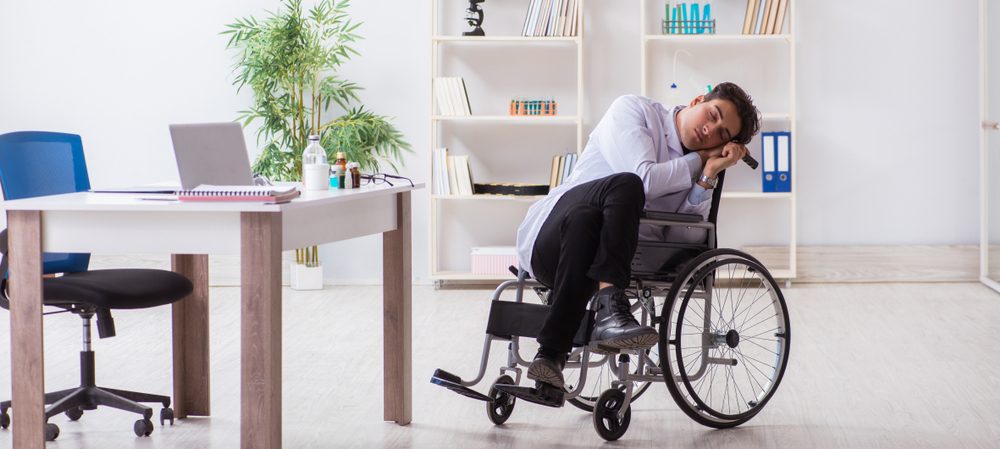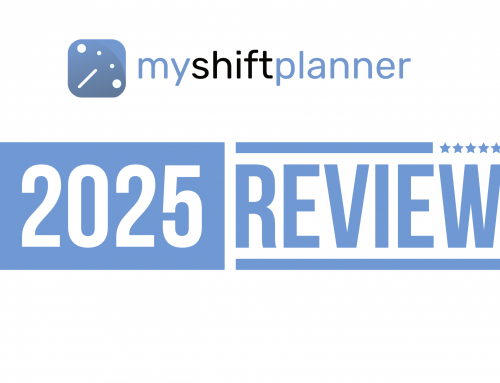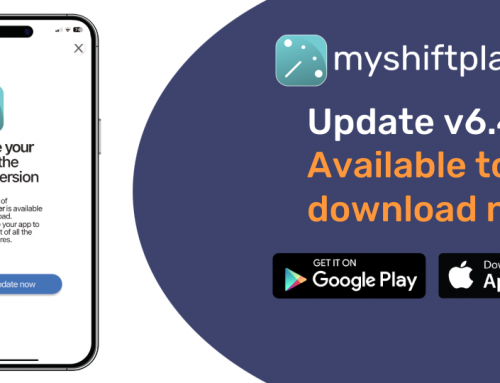It’s estimated that the average person spends up to a third of their lives asleep.
But most shift workers aren’t getting anywhere near this amount, and it’s causes major issues for health and wellbeing.
A recent report has suggested a possible solution – napping at work!
Bed is Best!
We all know that a good, long sleep is the best way to recover after a hard and exhausting shift. But the latest research has shown that good quality sleep is also essential for lots of important other functions.
Good quality sleep affects our ability to do all sorts of important work-related tasks. It affects our cognitive skills, communication, memory, creativity and flexibility.
Research shows that there is a strong relationship emerging between the quality of sleep and physical and mental health. Lack of sleep has a profound impact on our ability to function at work and at home, as well as affecting our long-term health.
Shift Work Sleep Disorder
For most shift workers, sleep is an elusive commodity! Shift Work Sleep Disorder (SWSD) is a well known problem for shift workers. It occurs where a person’s natural circadian rhythm is disturbed.
The effects include insomnia and excessive sleepiness, work-related stress, illness and higher rates of injury, due to lack of alertness at work.
Who is Responsibility for Shift Worker’s Sleep?
In the UK, it’s estimated that one fifth of doctor’s appointments are caused by people feeling tired. Despite this, there’s a prevailing view that sleep is an individual’s responsibility.
Amongst shift workers there is a culture of acceptance. Working shifts and lack of sleep go hand-in-hand. If you’re not getting enough rest, it’s your responsibility to do something about it, such as using anything from blackout blinds and earplugs to a mug of warm milk.
Most employers take the view that employees sleep patterns are none of their business. After all, sleep falls outside most people’s working hours.
But there is a growing school of thought, in some quarters, that employers need to take more action to help their shift workers manage their sleep, health and wellbeing.
This is especially relevant for employers if lack of sleep begins to affect the ability for shift workers to carry out their tasks safely and effectively.
Napping At Work
One solution that some employers have started to introduce is the facility for employers to take a nap at work.
For many shift workers, this is purely the stuff of dreams! But there are organisations who are taking it very seriously.
A study conducted in a public hospital in Rio de Janeiro amongst nursing professionals showed that on-shift napping reduced the likelihood of weight gain and other SWSD related issues.
The researchers states that:-
“The results … are in agreement with other research showing the positive effects of napping during night work in relation to recovery from work and hypertension, suggest a potential benefit of napping among nursing workers.”
Sleep experts have backed this study, suggesting that a short nap at work can lead to improved alertness. This in turn impacts on performance and memory, as well as reducing stress levels and boosting mood.
Is it really that simple?
Napping may be beneficial, but for many workers, the idea of popping off for a twenty minute snooze while the rest of your shift team carries on, is just not practical.
It’s hard not to be accused of skiving, unless employers have specifically encouraged workers to nap on the job.
This might include introducing a policy which clarifies that absolutely everyone is entitled to take a nap if they feel exhausted. Or introducing areas specifically designed to allow for easy resting.
However, not everyone is taken in with the idea! There is the question of where workers are supposed to go to take a nap.
Having a dedicated area might make it easier for workers to drift off, but there is still the overriding culture of – “You come to work to work!”, which will block many employers from even considering napping as an option for their team.
What is the Real Issue?
One school of thought suggests that having naps at work may well be a good idea, and might considerably help shift workers in the short term. But offering “snooze times” is the equivalent of sticking a plaster on a broken leg!
Napping does not provide the right support for the chronically sleep-deprived or those suffering from long term shift work sleep disorder.
In fact, there is also evidence to suggest that napping might make poor sleep worse.
Most naps do not include REM sleep or deep sleep – the two most important stages of the sleep cycle.
A quick nap may have benefits, but it’s not a replacement for a full sleep. And there is a risk that by promoting naps at work, employees will only encourage workers to get by on less sleep in total.
Shift Workers Need More Structured Support
Understanding the need for sleep and the circadian rhythm of shift workers is important to maintain a healthy workforce. Considering that one in three UK workers is chronically sleep-deprived, it’s clear that many employers are failing to prioritise sleep and their employees are suffering the consequences.
Employer attitudes towards sleep do need to change. Mental and physical health and well-being is essential for any workers to be good at their job. Whether it’s napping at work or changing shift patterns to allow more quality time off, employers need to start taking the quality of the worker’s sleep more seriously. To ensure that workers can deliver at the best, and stay healthy and happy as well.






